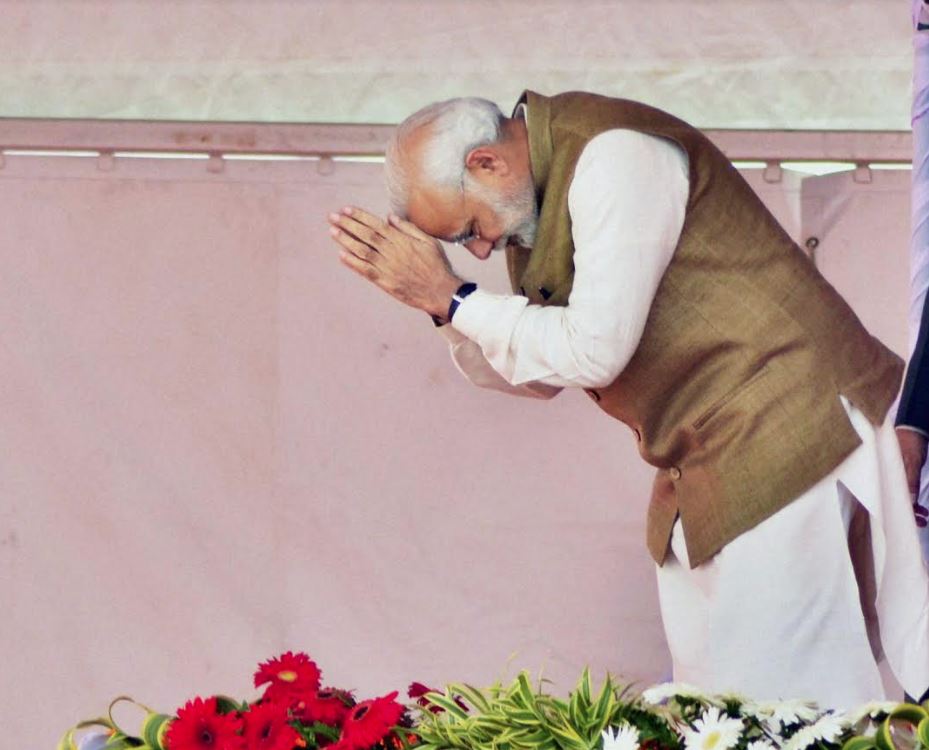Demonetisation still dominates conversation in India. Do ordinary people think it was inhumane and despotic, as claimed by critics? Or do they believe Modi is the only politician willing to get tough on black money? How will this play out in the big Uttar Pradesh election in February-March?
We will see three stages in the demonetisation drama. In stage one, people will back Modi despite short-term tribulations. In stage two, economic dislocations will continue for maybe two quarters, hitting GDP by maybe Rs 150,000 crore and threatening a mini-recession. So, disillusioned voters may turn against Modi.
In stage three, Modi will use fiscal resources emanating from demonetisation to put thousands of rupees into the 250 million Jan Dhan accounts opened after he came to power. This will be announced before or during the election campaigning for the UP elections, hoping to create a pro-BJP wave that does not exist today in the state.
Stage one is already over. Evidence of popular reactions comes from the results of byelections held 10 days after demonetisation in 14 parliamentary and state assembly seats, and also in local-level elections in Maharashtra and Gujarat. The BJP more or less held its ground in most states, and surged ahead in Gujarat. Modi can claim victory in stage one, although his gains have been modest.
In the assembly and parliamentary byelections, incumbent parties in all states fared well. There were no surprises or upsets. But in the Gujarat municipal and district elections, the BJP wrested no less than 40 seats from the Congress to win 109 of the 126, a remarkable sweep given that massive agitations by the Patel community (mostly BJP supporters) for job reservation had raised fears that they would switch to other parties. In Maharashtra, of the 147 municipal presidencies, the BJP won 51, Shiv Sena 25, Congress 23 and NCP 18. Of the seats in municipal councils and nagar panchayats, the BJP won 893 seats, Congress 727, NCP 645 and Shiv Sena 529. Overall, BJP strength in Maharashtra was largely unchanged.
So, demonetisation did not make Modi a conquering hero sweeping the polls. But he did gain modestly, showing there was no mass resentment. Voters were not swayed by media stories of mass inconvenience and dislocation caused by demonetisation, or of old people dying standing in unending bank queues.
After these elections came stage two. The media carried ever more reports of massive laundering of black money through Jan Dhan accounts, and by paying an army of poor people to exchange old notes for new in small lots. Widespread distress and economic dislocations were reported in rural and informal markets. Small finance companies serving the unorganised and rural sectors reported serious shortfalls in loan repayments, raising fears of a payments crisis.
Many analysts, including me, pointed out that only a tiny fraction of black hoards were in cash (the rest having been converted into other assets); that demonetisation without other reforms would do nothing to stop the generation of fresh black money; that the implementation of the scheme had been outrageously bad; and that the economic dislocation could cause a mini-recession that cuts GDP by something like 1% (Rs 150,000 crore).
Stage two could turn the public mood against Modi. Economic dislocations will not magically end on December 31, and a mini-recession could cause far more pain and disillusionment than Modi had planned for. This could jeopardize his party in the coming UP elections.
But next comes stage three. At the end of December, maybe 10-20% of high-value notes will not have been deposited or exchanged, and will be extinguished. This will give the RBI a massive windfall of Rs 1.5-3 lakh crore, that can be given to the government as a special dividend. This will enable Modi to pour Rs 5,000-10,000 into each of the 250 million Jan Dhan accounts. That will surely shift the public mood in his favour. Never in Indian history has any politician put so much hard cash into the pockets of all the needy. That might just win Modi the UP election.
Many black money holders may disclose what they cannot launder and pay 50% tax on it. This will yield the government half of outright extinction of the hoards, yet may suffice to put a thousand or two into each Jan Dhan account. This strategy will fail only in the unlikely event that 100% of black hoards are laundered, with nothing disclosed or extinguished.


